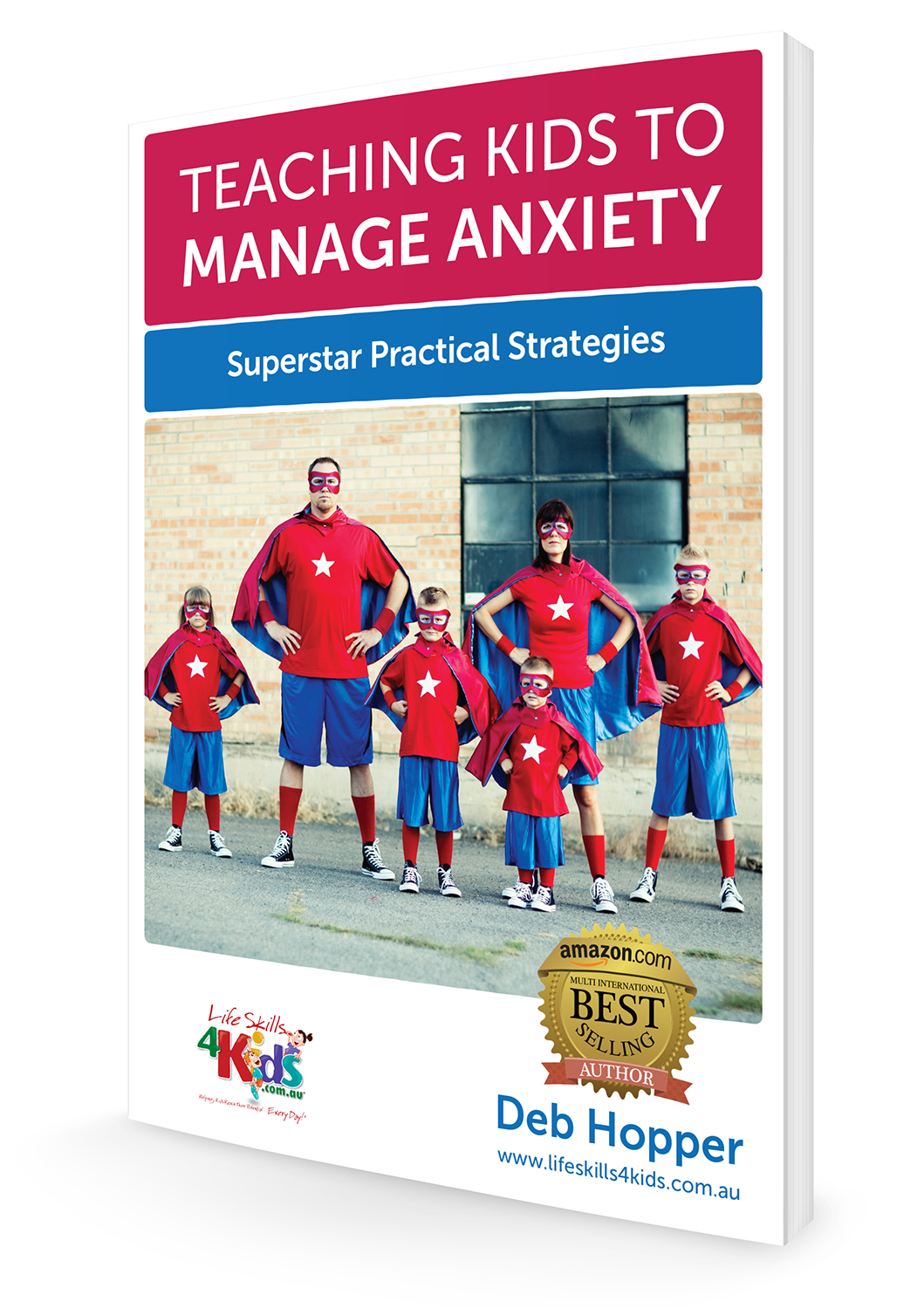It’s that time of year again, when we are all coming towards the end of another school year. As the end of term approaches and the summer holidays beckon, we can all look forward to a relaxed and chilled out time at school as we all wind down … well that’s what is ‘supposed’ to happen!
As teachers and professionals however, we know that for some kids, the end of the school year can be a time that is an anxiety-provoking nightmare which they do not understand and cannot cope with.
So, how can you prepare your class of kids to cope with the inevitable changes in routine that are an integral part of the transition between school and summer holidays?
Top Tips for Supporting children through end of year routine changes
At LifeSkills4Kids, we are passionate about supporting kids and providing them with the skills to cope with life changes. The build up to breaking up for summer holidays can be a massive life change for some of our young people. As a professional, what can you do to help?
We discussed end of year strategies last year for supporting children through end of year routine changes. Let’s revisit some of these strategies:
Use of a Visual Timetable
- The saying ‘A Picture is worth a Thousand Words’ is very true for any of our pupils who may struggle with Sensory Processing Disorder, autism or any form of anxiety. If you are unsure if any of your class have Sensory Processing Disorder (SPD), check out our article here.
- A visual timetable will enable pupils to make sense of their day and of the countdown to the summer holidays
- It is a great tool for preparing your pupils for the transition from school to holidays
- Encourage parents to get involved when you have identified pupils that could particularly benefit from using a visual timetable
- Include visuals in the timetable for ‘Surprise’ and ‘FunDays’ or ‘Special Events’. If you include visuals for these sorts of activities you can provide all of your class with plenty of warning as to what may be happening and also to be prepared for days and lessons being a bit different to what they are used to
- Encourage your class to discuss any anxieties they may have and come up together with coping strategies.
- Depending on the age of your pupils, you may find it valuable to use visuals to enable them to let you know that they are struggling to cope and need help. For example, you could use the ‘Just Right Technique‘ which we have developed after extensive research
- The Just Right Technique enables kids to be able to learn how to self-regulate by using visual representations of their emotions and physical responses to situations they experience. The aim is to teach kids how to be happy, safe and content and stay ‘in the zone’
Provide a Great Transition Experience for your pupils
- There are inevitably many different transitions that children have to deal with at the end of the year
- They could be changing class on their return to school or moving schools. An adequate period of transition to help the pupils know that they will be ok, to be able to meet new teachers and new classmates is vitally important
- The transition between school and summer holidays is a big one too, check out my article on this for some tips to help this run as smoothly as possible
Don’t underestimate the ‘tiredness’ factor!
- Let’s face it, we ALL get tired as the school year draws to a close!
- It is important that we acknowledge this and allow pupils to have choices and options of activities they would like to do and ones which they know will help them to self-regulate
- For some pupils that may be mindfully colouring (there are a plethora of colouring books for all ages, including adults); for others it may be quiet time with their headphones; and others may thrive on physical activity to keep themselves happy and relaxed
Home Involvement
- It cannot be underestimated how much the home environment can help in Supporting children through end of year routine changes
- Parents and carers are invaluable when they know what is coming up at school and can then spend time with their child and prepare them for what is going to happen
- It is a great idea to share timetables and weekly newsletters, so that parents and carers can talk to their kids about events and celebrations that will be happening during the last few weeks of school
- This also gives the family unit a chance to start to look beyond the end of term and decide together how their ‘holiday routine‘ could look
- My Sensory Holiday Survival Guide can be an invaluable resource to share with parents
Provide options & choices
- Wherever possible, as you move towards the summer holidays, provide options and choices for your pupils within each day
- If kids are in danger of overwhelm, due to the routine changes, make sure that there are options for ‘quiet’ time when individuals can withdraw from over-stimulating events. It can be a good idea to allow pupils to bring in items from home which they know will help them cope with new experiences as the school year draws to a close
Ways to reduce anxiety
- The end of term changes in routine can lead to more anxious times for our pupils.
- For more information on how to reduce anxiety, read our article on reducing anxiety at the end of term
- A calendar for the last weeks of school and then for the summer holidays can really help with reducing anxieties and allow pupils to feel like they can have some control over the end of year routine changes that they will be experiencing
Overall, remember to make your classroom a relaxed and safe space for you and all of your class – this will minimise tiredness and allow each individual to cope with routine changes in ways that work for them.
Written by Deb Hopper, Occupational Therapist
Teaching Kids to Manage Anxiety: Superstar Practical Strategies (eBook)
Kids today are growing up in a fast-paced world where information and opportunity overload can be overwhelming.
Based on many years of clinical experience as an Occupational Therapist, Deb Hopper has been using her Just Right Kids® Model to teach children to communicate and manage their stress and anxiety by:
– Identifying their “body speed”,
– Understanding their stress triggers, and
– Implementing simple strategies to reduce anxiety and stress.


